How
Creating a fairer world is really important because it helps everyone live better lives. When people work together to make things more equal, it means that everyone has a chance to succeed, no matter where they come from or what they have. A just world allows for opportunities in education, jobs, and healthcare, which are essential for a happy and healthy life. If we all put in the effort to fight against unfairness and support each other, we can build a society where everyone feels valued and respected. This teamwork not only improves individual lives but also strengthens communities, making the world a better place for future generations.

Mother Jones’ life is a perfect example of a person who worked tireless to make the world a more just place.
“The genius of the United States is not best or most in its executives or legislatures, nor in its ambassadors or authors or colleges, or churches, or parlors, nor even in its newspapers or inventors, but always most in the common people.”
Walt Whitman
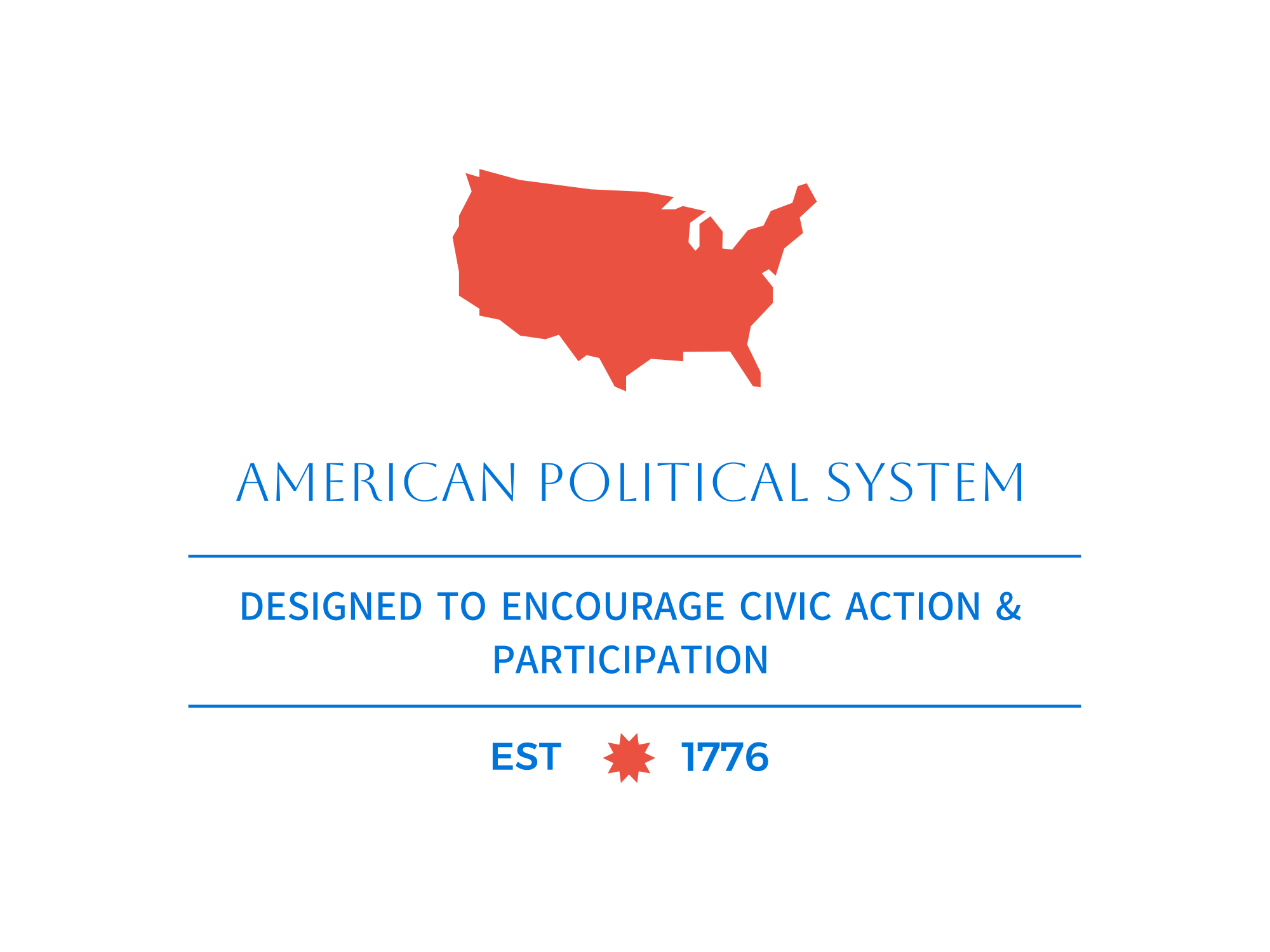
The American political system is designed to encourage civic action and participation from its citizens. One of the key features of the system is the concept of separation of powers, where the government is divided into three branches – the legislative, executive, and judicial branches. This division of powers ensures that no one branch has too much control, and encourages citizens to hold their elected officials accountable through actions such as voting, contacting representatives, and participating in protests or demonstrations.
Another important aspect of the American political system is the Bill of Rights, which guarantees certain rights and freedoms to all citizens. These rights include freedom of speech, freedom of assembly, and the right to petition the government for a redress of grievances. These rights empower individuals to speak out against injustices and actively participate in the political process. Additionally, the system allows for peaceful protests and demonstrations as a way for citizens to make their voices heard and bring about change.
Overall, the American political system is designed to be responsive to the needs and concerns of its citizens. By encouraging civic action and participation, the system ensures that the government remains accountable to the people it serves. Through voting, contacting representatives, and engaging in peaceful demonstrations, individuals can play an active role in shaping the policies and decisions that affect their lives. Ultimately, the American political system relies on the active engagement of its citizens to uphold the principles of democracy and ensure a government that is truly of the people, by the people, and for the people.
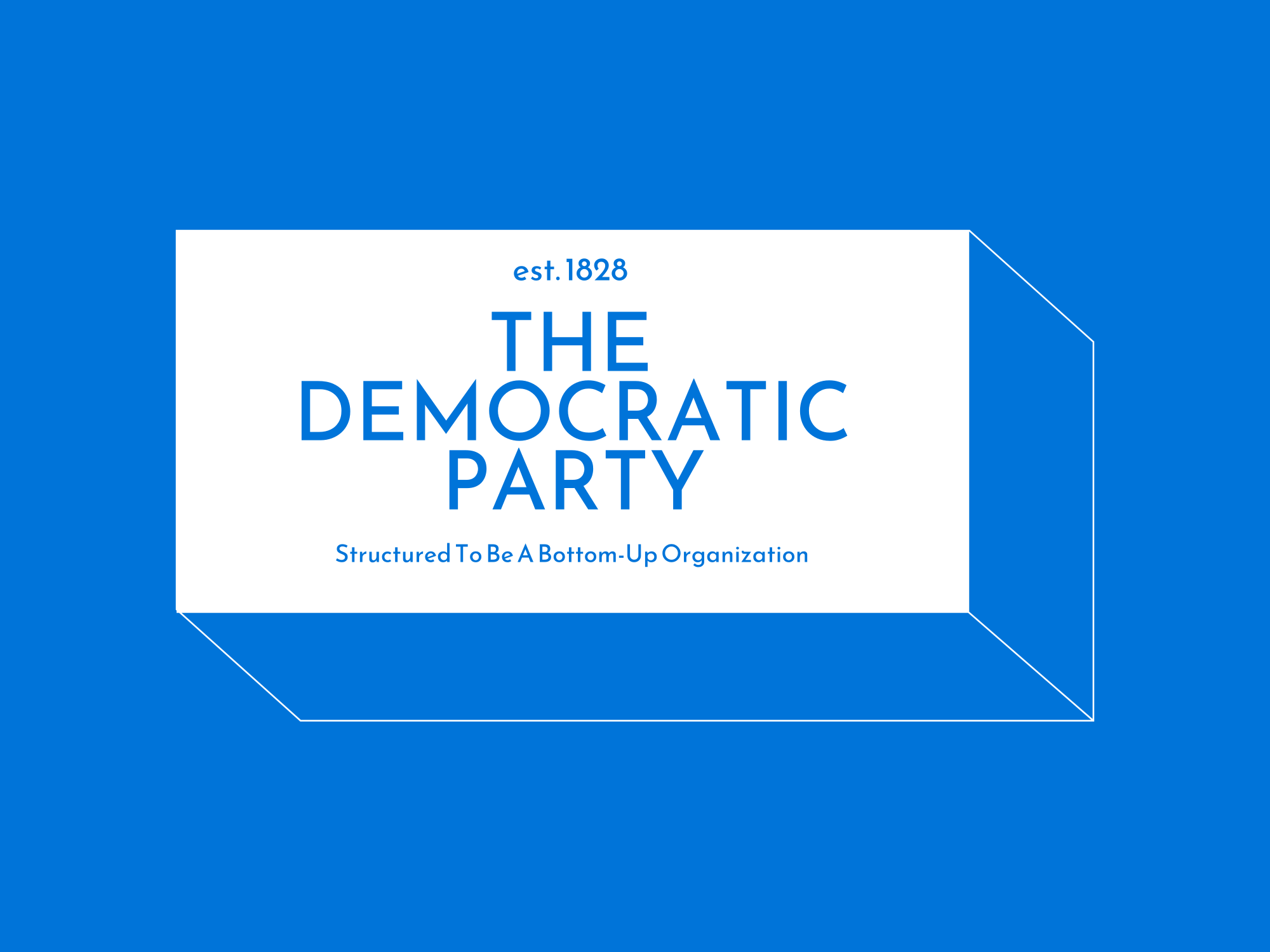
The Democratic Party is structured to be a bottom-up organization, meaning that decisions and policies are driven by the grassroots members rather than by top party leaders. This approach allows for a more inclusive and diverse range of voices to be heard within the party, ensuring that a variety of perspectives are considered when crafting party platforms and agendas. By prioritizing the input and participation of everyday citizens, the Democratic Party is able to better reflect the needs and priorities of the people it represents.
One of the key ways in which the Democratic Party promotes this bottom-up approach is through its system of caucuses and primaries. These events allow party members to directly participate in the process of selecting candidates for office, providing a platform for diverse voices to be heard and considered. Additionally, the party encourages the formation of grassroots organizations and activism, empowering individuals to take charge of their own political destinies and advocate for causes they believe in. This emphasis on bottom-up organizing helps to ensure that the party remains responsive to the needs and concerns of its members, rather than being driven solely by the interests of a select few.
Ultimately, the bottom-up design of the Democratic Party serves as a fundamental tenet of its democratic values. By placing power in the hands of the people, the party is able to uphold the principles of fairness, equality, and inclusivity that are essential to a functioning democracy. By fostering a culture of grassroots activism and participation, the Democratic Party is able to remain relevant and responsive to the ever-evolving needs and priorities of the American people, ensuring that it remains a force for positive change in the political landscape.
“The reasonable man adapts himself to the world; the unreasonable one persists in trying to adapt the world to himself. Therefore all progress depends on the unreasonable man.”
George Bernard Shaw, Man and Superman (1903)
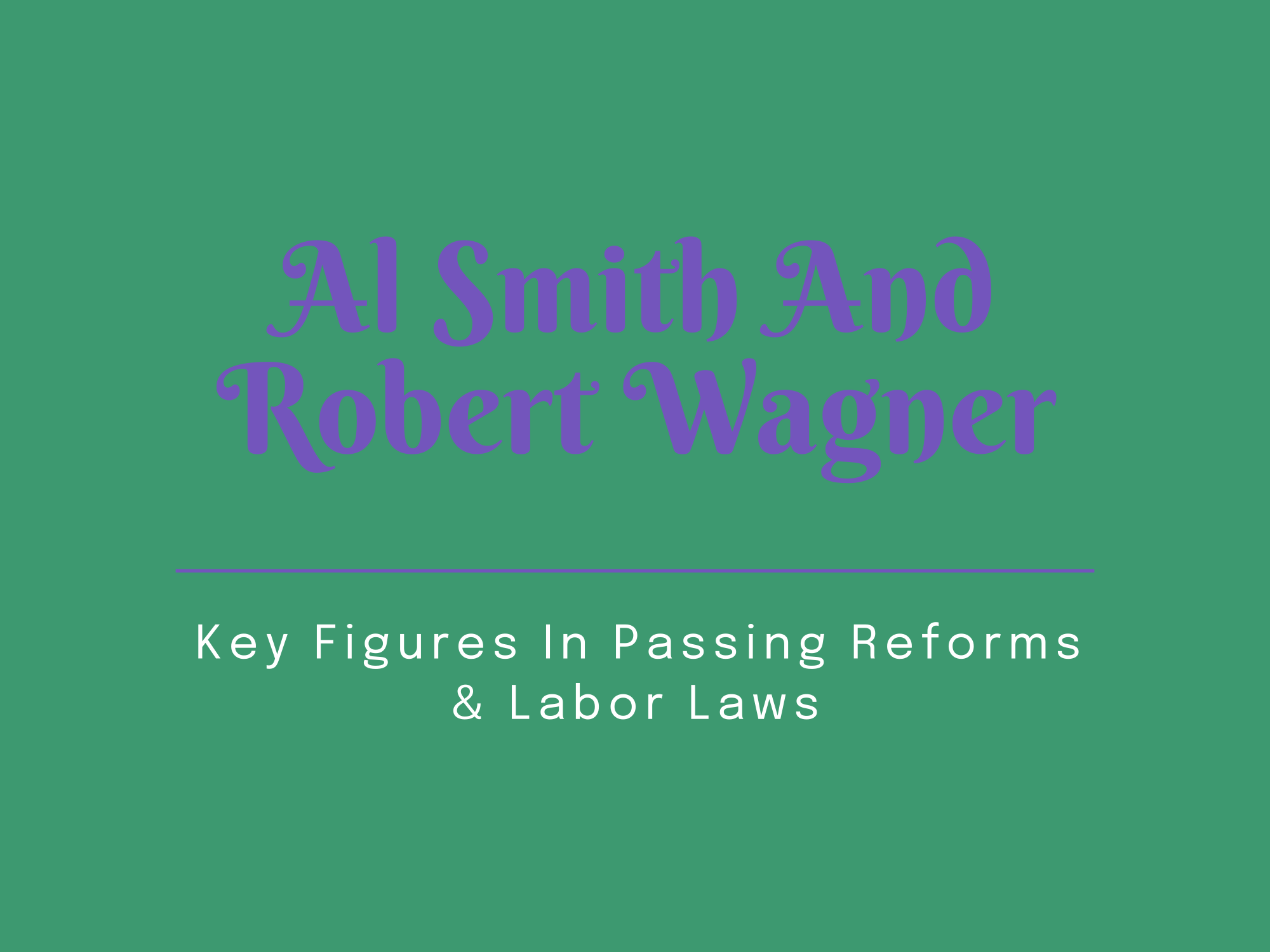
Al Smith and Robert Wagner were two important figures in American history who played a significant role in passing reforms and labor laws that had a lasting impact on the rights of workers in the United States. Both men were progressive leaders who sought to improve working conditions for the average American worker during a time when labor was often exploited and mistreated.
Al Smith, a Democratic politician who served as Governor of New York in the early 20th century, was known for his progressive policies that sought to protect workers and ensure fairness in the workplace. One of the key reforms that Smith championed was the establishment of minimum wage laws, which guaranteed that workers would be paid a fair and livable wage for their labor. This was a groundbreaking reform that helped lift many American workers out of poverty and improve their quality of life.
Another important reform that Al Smith supported was the enforcement of maximum hours laws, which limited the number of hours that workers could be required to work in a given week. This was a crucial protection for workers who were often forced to work long hours in dangerous conditions for little pay. By setting limits on the amount of time that a worker could be required to work, these laws helped to prevent exploitation and ensure that workers had time to rest and spend with their families.
Robert Wagner, a Senator from New York who served in the mid-20th century, was another key figure in the fight for labor rights and reforms. Wagner was instrumental in passing the National Labor Relations Act of 1935, also known as the Wagner Act, which guaranteed workers the right to organize and collectively bargain with their employers. This was a groundbreaking piece of legislation that strengthened the power of labor unions and helped to level the playing field between workers and employers.
In addition to the Wagner Act, Robert Wagner also played a key role in passing the Fair Labor Standards Act of 1938, which established a national minimum wage and set limits on child labor. These reforms were a significant step forward in protecting the rights of workers and ensuring that all Americans had access to fair and decent working conditions. Thanks to the efforts of Al Smith and Robert Wagner, the American labor movement made great strides in advancing the rights of workers and improving the quality of life for millions of Americans.
In conclusion, the reforms and labor laws passed by Al Smith and Robert Wagner were crucial in advancing the rights of workers and improving working conditions in the United States. Their efforts to establish minimum wage laws, limit maximum hours of work, and protect workers’ rights to organize and collectively bargain were instrumental in shaping the American labor movement and ensuring that workers had a voice in the workplace. Thanks to their leadership and dedication, workers in the United States have made significant progress in achieving fair and decent working conditions for all.
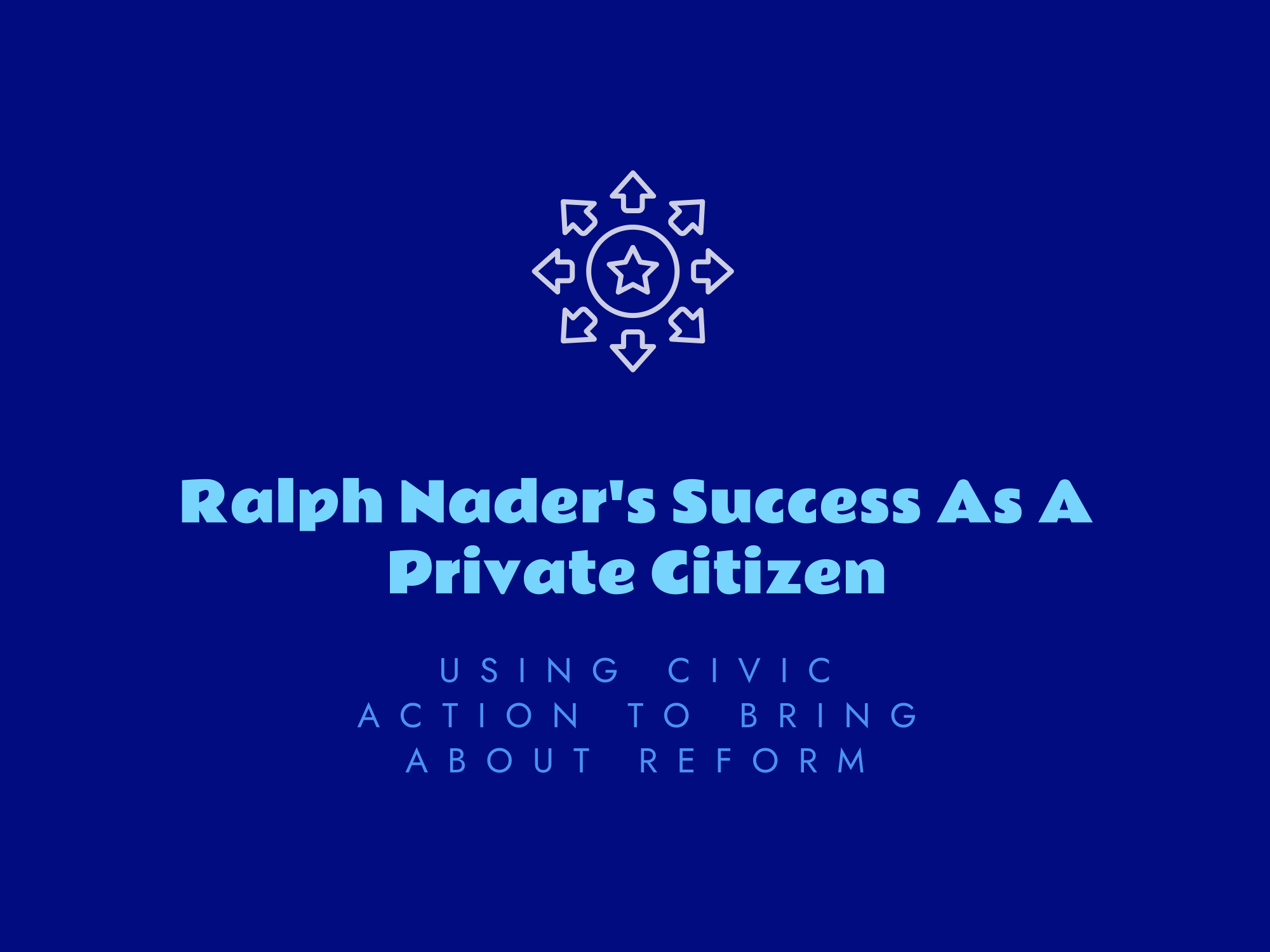
Ralph Nader is a prominent figure known for his advocacy and dedication to consumer rights and safety. As a private citizen, he has achieved significant success through his activism and civic actions. Nader’s success can be attributed to his relentless pursuit of justice, his ability to mobilize public support, his strategic use of legal and political avenues, and his commitment to holding powerful institutions accountable.
One key aspect of Nader’s success as a private citizen is his unwavering commitment to fighting for consumer rights and safety. Throughout his career, Nader has taken on powerful corporations and government agencies in order to expose negligence and corruption that put consumers at risk. His advocacy has led to important regulatory changes, such as the establishment of government agencies like the Environmental Protection Agency and the Occupational Safety and Health Administration.
Another factor that has contributed to Nader’s success is his ability to mobilize public support around important issues. Through his books, speeches, and grassroots organizing efforts, Nader has been able to raise awareness and galvanize people to take action. His ability to connect with ordinary citizens and inspire them to join his cause has been instrumental in bringing about positive change.
In addition to mobilizing public support, Nader has also strategically used legal and political avenues to advance his causes. He has filed numerous lawsuits against corporations and government agencies, often leading to significant settlements or policy changes. Nader has also run for political office several times, using his campaigns as a platform to raise awareness about important issues and push for reforms.
Lastly, Nader’s success as a private citizen can be attributed to his unwavering commitment to holding powerful institutions accountable. He has consistently challenged the status quo and confronted those in positions of power who prioritize profit over people. Nader’s willingness to speak truth to power and his refusal to back down in the face of adversity have earned him respect and admiration from many.
In conclusion, Ralph Nader’s success as a private citizen using civic action can be attributed to his relentless pursuit of justice, his ability to mobilize public support, his strategic use of legal and political avenues, and his commitment to holding powerful institutions accountable. His advocacy has had a lasting impact on consumer rights and safety, and his legacy serves as an inspiration for others to stand up for what they believe in.
“No act of kindness no matter how small is ever wasted.”
Aesop, The Lion and the Mouse



“How far you go in life depends on your being tender with the young, compassionate with the aged, sympathetic with the striving, and tolerant of the weak and strong. Because someday in your life you will have been all of these.”
Walter Scott

“Every great dream begins with a dreamer. Always remember, you have within you the strength, the patience, and the passion to reach for the stars to change the world.”
Harriet Tubman
Profits Over People Is The Cause Of Most Of The World’s Problems
The Problem with For-Profit Insurance Companies
-
Focus on Profit Over Care: For-profit insurance companies prioritize making money. This can lead to denying necessary treatments to save costs.
-
High Premiums: These companies often charge high premiums for coverage. This makes health care less accessible for many individuals and families.
-
Limited Coverage Options: For-profit insurers may offer limited plans. This can restrict patients’ choices and lead to inadequate care for specific health needs.
Each of these issues highlights the challenges faced by consumers when dealing with profit-driven insurance companies.
Global Markets and Relocation of Companies
-
Cost Savings: Global markets enable companies to relocate to countries with low wages. This significantly reduces labor costs, boosting profit margins.
-
Weak Labor Laws: Many countries have less stringent labor regulations. This allows companies to hire workers without the same protections found in developed nations.
-
Minimal Environmental Protections: Companies can benefit from lax environmental regulations. This can lead to lower costs for compliance and potentially higher profits.
These factors make global markets attractive for companies seeking to maximize their financial returns. However, they often come at a cost to workers and the environment.
Issues With The Capitialist System
In today’s complex business landscape, companies often find themselves at a crossroads where ethical considerations collide with the imperative to maximize shareholder value. This dilemma presents a challenging conundrum for organizations as they navigate the competing interests of stakeholders, regulatory requirements, and societal expectations. The practice of defending questionable actions in the name of shareholder interests has far-reaching implications on reputation, trust, and sustainability. This article delves into the negative impact of companies prioritizing shareholder value over ethical principles, exploring the ethical dilemmas faced, the repercussions on stakeholders and society, and strategies for fostering a culture of responsible corporate conduct.
Companies Balancing Ethics and Shareholder Interests
Understanding the Tension Between Ethics and Shareholder Interests
In the complex world of business, a delicate balance exists between upholding ethical standards and meeting the interests of shareholders. Companies often grapple with the challenge of doing what is morally right while also maximizing profits for their investors. This tension between ethics and shareholder interests can lead to tough decisions that have far-reaching impacts.
Ethical Dilemmas Faced by Companies
The Pressure to Prioritize Shareholder Value
Companies frequently find themselves facing ethical dilemmas that test their values and principles. From issues such as environmental sustainability to labor practices, businesses must navigate a minefield of moral decisions. In the pursuit of shareholder value, there is often pressure to prioritize financial gains over ethical considerations, creating a conflict that challenges the core of a company’s integrity.
Effects of Defending Unethical Actions on Reputation
Public Perception and Brand Damage
When companies engage in unethical behavior and attempt to justify it in the name of serving shareholder interests, they expose themselves to significant reputational risks. Public perception plays a crucial role in shaping a company’s brand image, and defending unethical actions can lead to lasting damage. Trust and credibility can be eroded, impacting customer loyalty and investor confidence.
Impact on Stakeholders and Society
The Ripple Effect on Employees, Customers, and Communities
Social Responsibility and Corporate Citizenship
The repercussions of companies prioritizing shareholder interests over ethical considerations extend beyond the boardroom. Employees, customers, and communities are all stakeholders affected by these decisions. A company’s social responsibility and commitment to corporate citizenship are put to the test when unethical actions are defended in the name of profits. Balancing the needs of shareholders with the well-being of society is a critical aspect of sustainable business practices.
Legal and Regulatory Consequences
Laws and Regulations Governing Business Conduct
When companies engage in unethical practices and use the “it’s what’s best for our shareholders” defense, they may be crossing legal boundaries. There are various laws and regulations in place that govern business conduct and protect stakeholders from harmful actions.
Potential Legal Ramifications for Unethical Practices
From fines and penalties to lawsuits and reputational damage, the legal consequences of unethical behavior can be severe. Companies that prioritize short-term gains over ethical considerations may find themselves facing legal repercussions that ultimately harm both their shareholders and their bottom line.
Strategies for Ethical Decision-Making in Business
Implementing Ethical Frameworks and Codes of Conduct
To navigate the complexities of modern business while staying true to ethical principles, companies can implement clear ethical frameworks and codes of conduct. These guidelines help employees make sound decisions that prioritize ethical considerations over solely shareholder interests.
Fostering a Culture of Transparency and Accountability
Creating a culture of transparency and accountability within an organization is essential for promoting ethical decision-making. By encouraging open communication, accountability, and integrity at all levels, companies can build a foundation for ethical practices that benefit both shareholders and society.
Building Trust and Sustainability Through Corporate Responsibility
The Business Case for Ethical Practices and Sustainability
Contrary to the belief that prioritizing ethics is detrimental to shareholder value, there is a strong business case for ethical practices and sustainability. Companies that demonstrate a commitment to ethical behavior and corporate responsibility often enjoy long-term success and stakeholder trust.
Long-Term Benefits of Prioritizing Ethics and Stakeholder Well-Being
By prioritizing ethics and the well-being of all stakeholders, including shareholders, companies can build trust, foster sustainable relationships, and create long-term value. Investing in ethical practices not only benefits the company’s reputation but also contributes to a more sustainable and equitable business environment. In conclusion, the alignment of ethical principles with shareholder interests is crucial for the long-term success and sustainability of businesses. By prioritizing ethical decision-making, companies can cultivate trust, enhance their reputation, and contribute positively to society. It is imperative for organizations to uphold values of transparency, accountability, and social responsibility to build a foundation of trust with stakeholders and pave the way for a more ethical and prosperous future.
Our Plan Through Civic Action, Using The Principal Of The Golden Rule & Working With Other Groups To Make The World A More Just Place
In order to grow the middle class and promote a more equitable society, using civic action and following the golden rule are essential steps that individuals and communities can take. The golden rule, which teaches us to treat others as we would like to be treated, serves as a guiding principle for how we should interact with one another in society. By applying this rule in our actions and decisions, we can foster a sense of empathy, respect, and cooperation that is necessary for building a strong and thriving middle class.
One way in which civic action can help grow the middle class is by advocating for policies and programs that support working families and provide them with opportunities for economic advancement. This may include pushing for higher wages, better working conditions, and access to affordable healthcare and education. By participating in grassroots movements, contacting elected officials, and voting for candidates who prioritize the needs of the middle class, individuals can make a meaningful impact on shaping policies that benefit the majority of the population.
In addition to advocating for policy changes, individuals can also engage in acts of service and volunteerism that directly support their communities and help uplift those in need. This could involve volunteering at local food banks, participating in neighborhood clean-ups, or mentoring youth in underserved areas. By giving back to their communities and helping those less fortunate, individuals can create a sense of unity and solidarity that strengthens the fabric of society and promotes a more inclusive and prosperous middle class.
Furthermore, practicing the golden rule in our everyday interactions with others can also contribute to the growth of the middle class. By treating our colleagues, neighbors, and fellow citizens with kindness, respect, and fairness, we can create a culture of trust and cooperation that fosters economic stability and social mobility. When individuals feel valued and respected in their communities, they are more likely to contribute their talents and skills towards building a better future for themselves and others.
In conclusion, using civic action and following the golden rule are powerful tools that individuals can utilize to grow the middle class and create a more just and equitable society. By advocating for policies that benefit working families, engaging in acts of service and volunteerism, and practicing empathy and respect in our interactions with others, we can work towards a future where everyone has the opportunity to succeed and thrive. As high school students and future leaders, it is important for us to take an active role in shaping the world around us and promoting the values of fairness, equality, and compassion that are essential for a strong and resilient middle class.
“How far that little candle throws his beams! So shines a good deed in a weary world.” The Merchant of Venice


“I cannot do all the good that the world needs. But the world needs all the good that I can do.” –
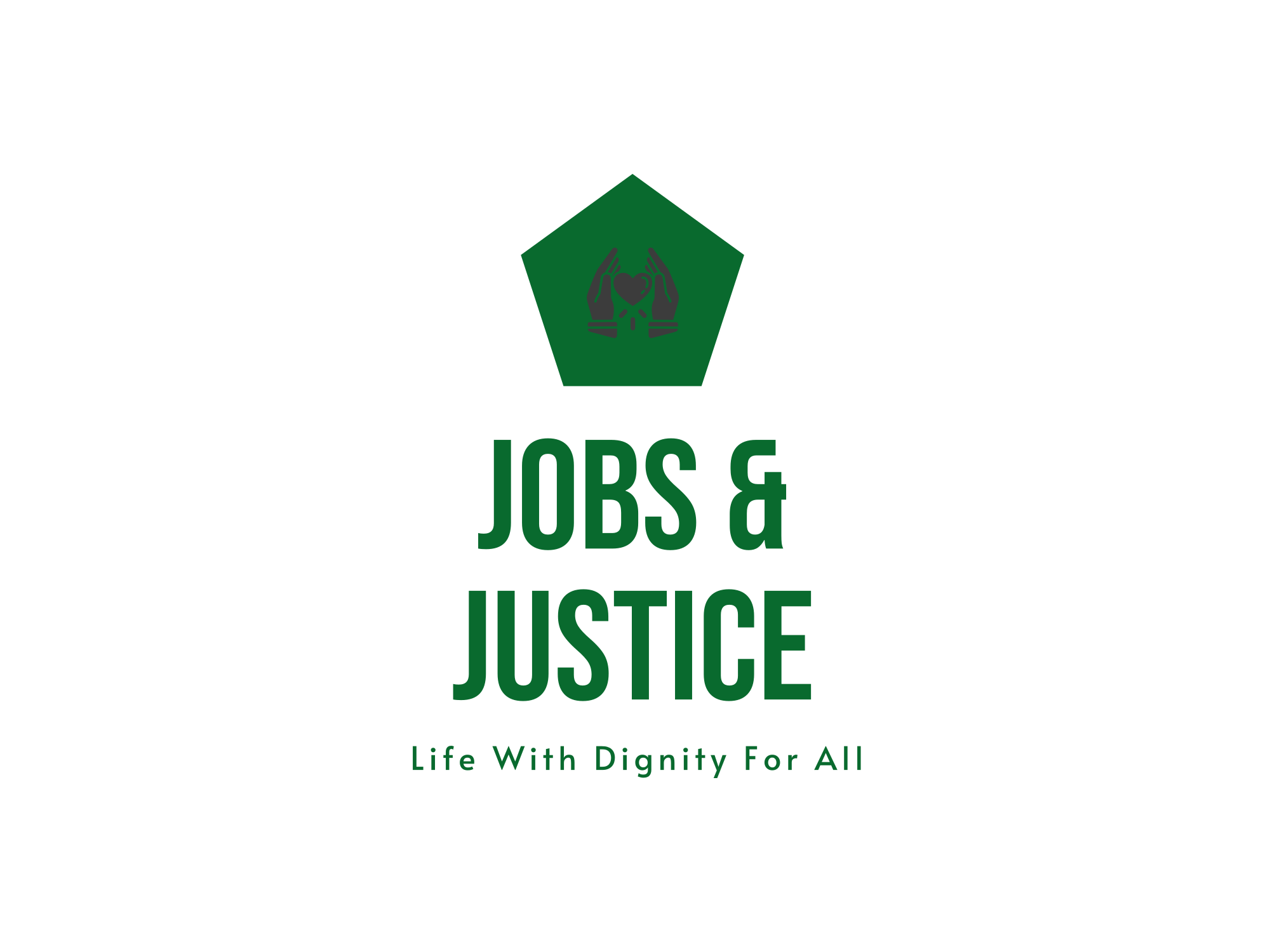

The importance of good jobs and criminal justice reform is a critical issue that deserves careful consideration. Securing stable, well-paying employment is a key factor in reducing recidivism and helping former inmates successfully reintegrate into their communities. When individuals leaving the criminal justice system are able to find meaningful work, it provides them with a sense of purpose, financial stability, and a constructive outlet, all of which significantly lowers the likelihood that they will reoffend. Conversely, those who struggle to find employment after incarceration often face immense difficulties making ends meet, leading them down a path back towards criminal activity out of desperation. Criminal justice reform efforts must therefore go hand-in-hand with robust job training programs, employer incentives, and the removal of barriers that prevent the formerly incarcerated from accessing the job market. Additionally, overhauling outdated sentencing guidelines, expanding diversion programs, and investing in rehabilitation services can help reduce incarceration rates and give offenders a better chance at redemption. By tackling both the employment and justice system challenges in tandem, communities can foster greater public safety, economic opportunity, and social equity for all their members. Addressing the interconnected nature of these problems is essential for creating a more just, humane, and prosperous society.
Labor unions play a vital role in protecting and advocating for the rights and well-being of workers. By banding together, employees gain a collective voice that allows them to negotiate better wages, benefits, and working conditions with their employers. Unions help ensure workers are treated fairly and have a seat at the table when important decisions are made that impact their livelihoods. Without the strength and organization of unions, individual workers would have little leverage to push back against exploitative practices or demand improvements. Unions have fought tirelessly over the decades to secure basic protections like the minimum wage, workplace safety standards, limits on hours, and prohibitions against child labor – all of which have dramatically improved the lives of working people. Moreover, union membership is associated with higher salaries, more comprehensive healthcare coverage, greater job security, and more generous retirement plans. For many, the ability to join a union is the difference between earning a living wage versus struggling in poverty. Beyond the tangible benefits, unions also empower workers, instill a sense of solidarity, and give a voice to the voiceless. They serve as a crucial counterbalance to the concentrated power and influence of large corporations. In today’s economic climate, where wealth inequality is skyrocketing and corporate profits are soaring while worker pay stagnates, the need for strong unions is greater than ever. For these reasons, supporting the labor movement is not only morally right, but also an essential step in creating a more just, equitable, and prosperous society for all.

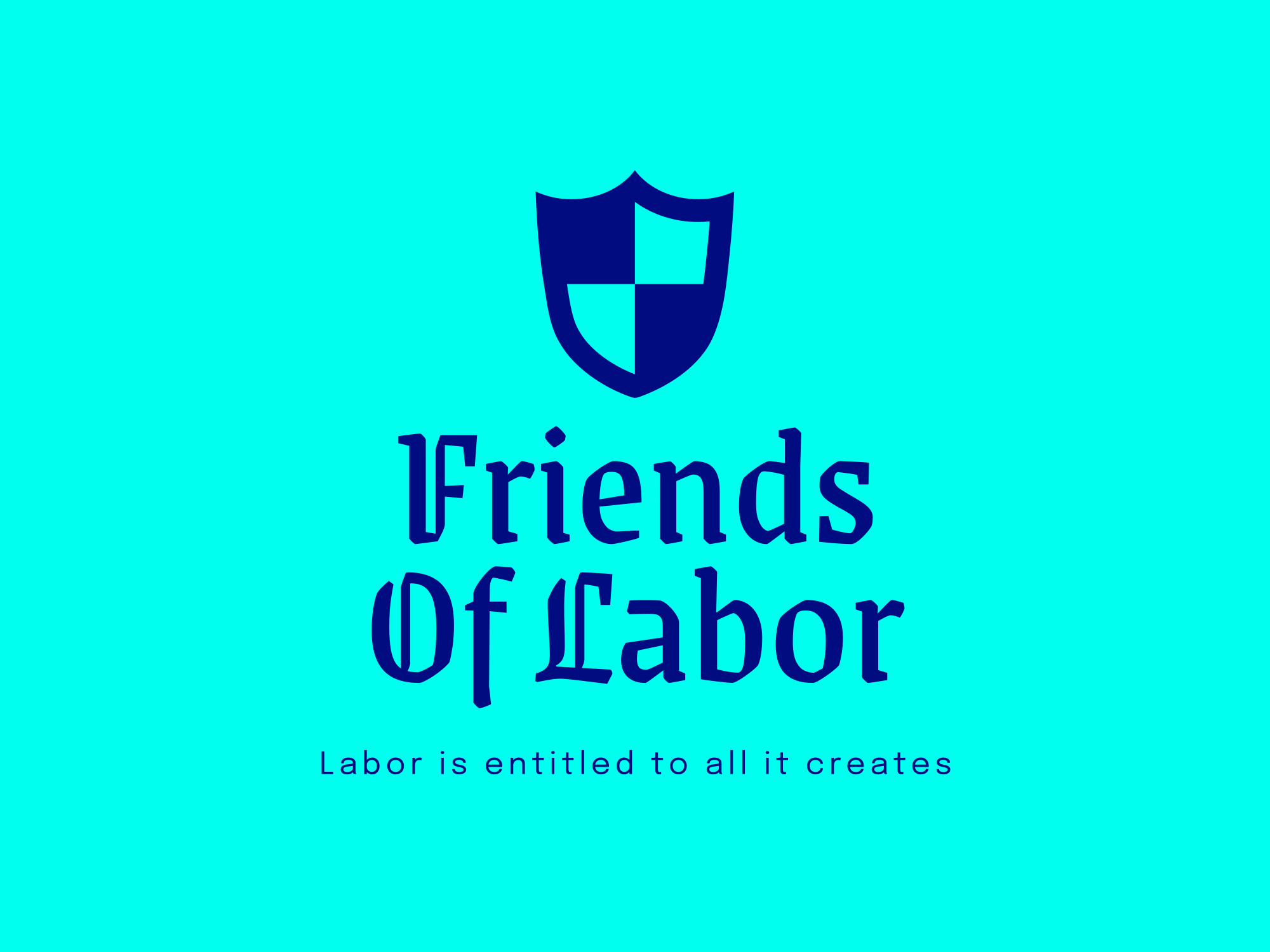
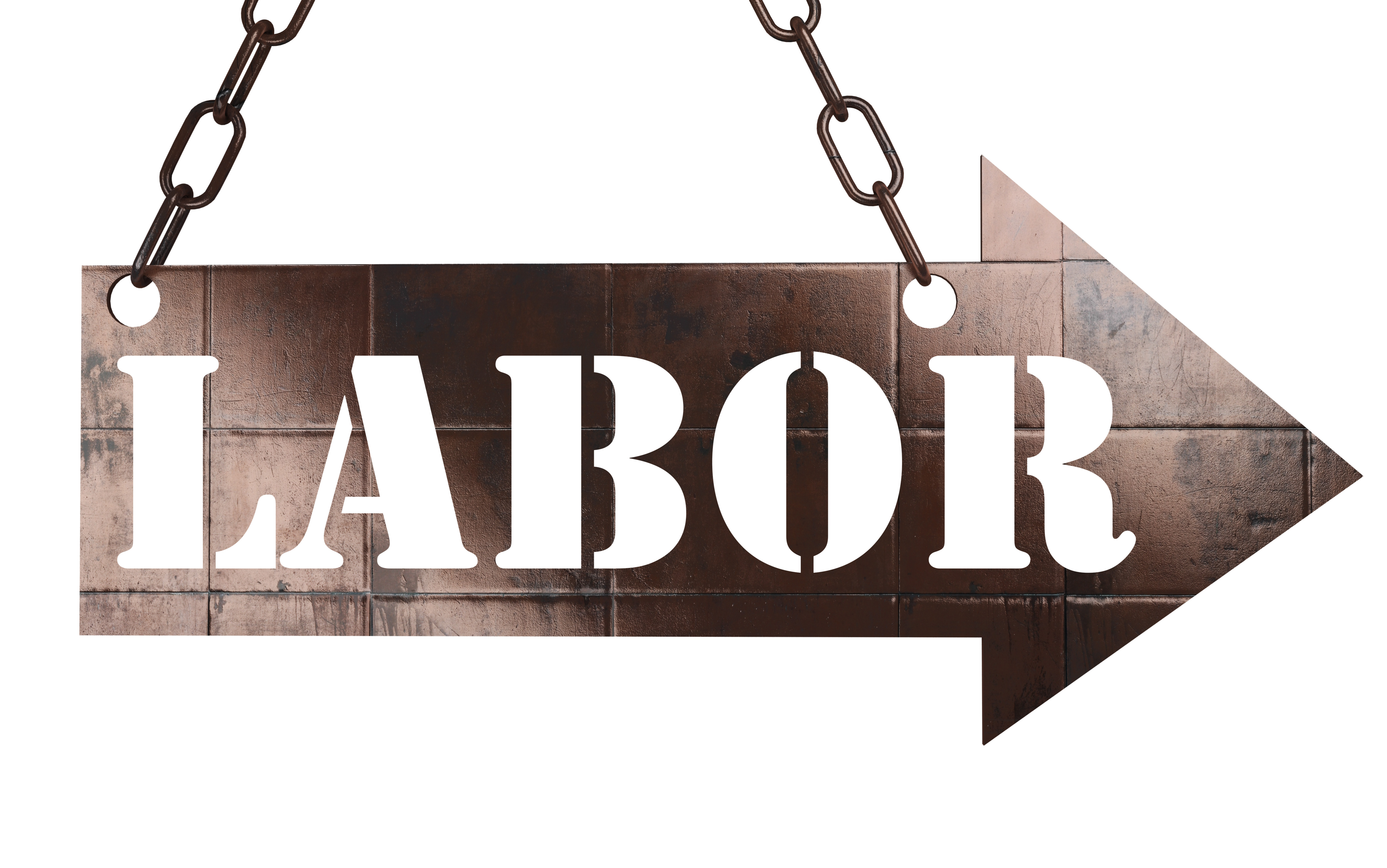

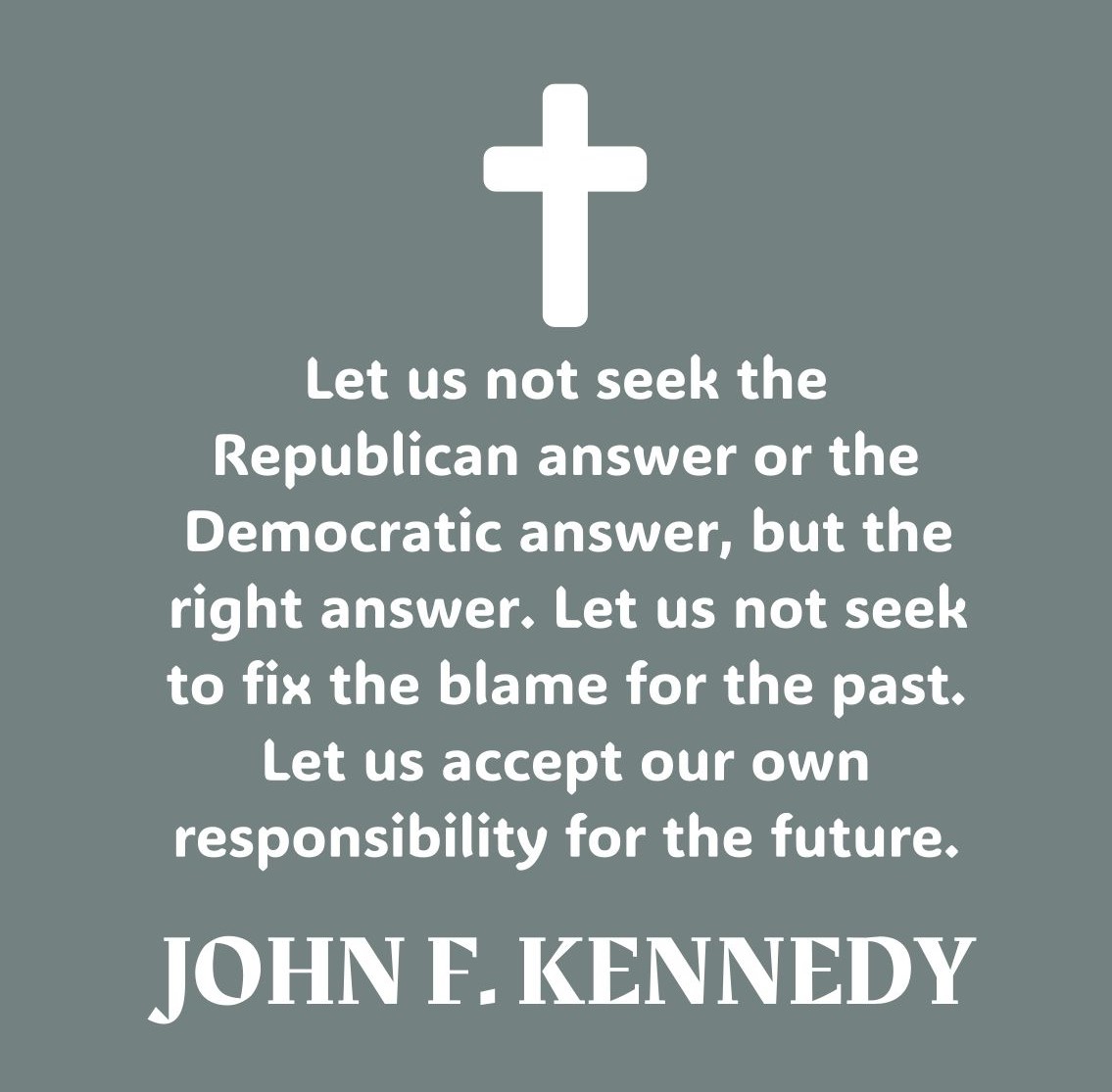
The concept of faith has been intricately woven throughout the tapestry of American history, from the early days of the Mayflower Compact to the present day. The Mayflower Compact, signed in 1620 by the Pilgrims upon their arrival in the New World, laid the foundation for a society built on religious principles and a profound belief in divine providence. These Puritan settlers sought to establish a community governed by their unwavering Christian faith, where the tenets of their beliefs would shape the very fabric of their new homeland. Fast-forward to the era of the American Revolution, and we see faith once again emerge as a driving force in the founding of the nation. The Declaration of Independence, a document that would come to embody the ideals of liberty and self-governance, invoked the “Laws of Nature and of Nature’s God” as the basis for the colonies’ separation from Great Britain. This bold proclamation underscored the Founders’ conviction that their struggle for independence was not merely a political endeavor, but a moral and spiritual one as well, rooted in the belief that all people are endowed by their Creator with inalienable rights. In the centuries that have followed, the role of faith in American life has continued to evolve, with individuals and communities drawing upon a diverse array of religious and spiritual traditions to guide their personal and civic lives. From the Great Awakenings that swept the nation in the 18th and 19th centuries, to the rise of the religious right in the late 20th century, the interplay between faith and American identity remains a complex and dynamic aspect of the nation’s history and culture.
It’s crucial for citizens to be advocates for the causes and issues they are passionate about, as this active engagement is essential for a healthy, thriving democracy. When people take on the role of advocates, they are using their voice and influence to fight for positive change and ensure their values and priorities are represented. This could involve speaking up at local government meetings, writing letters to elected officials, organizing community events, or using social media to raise awareness. Advocacy allows citizens to hold their leaders accountable and push for policies that align with their needs and beliefs. Without this grassroots-level participation, the government may lose touch with the real concerns of the people it serves. Advocacy also empowers individuals to make a tangible difference in their communities, rather than feeling powerless or resigned to the status quo. Through advocacy, citizens can champion important causes like protecting the environment, improving education, supporting vulnerable populations, or defending civil liberties. Even a single person’s advocacy efforts can snowball into a broader social movement that gains momentum and sparks significant, lasting change. Ultimately, a democracy functions best when its citizens are engaged, informed, and willing to advocate for the changes they wish to see.
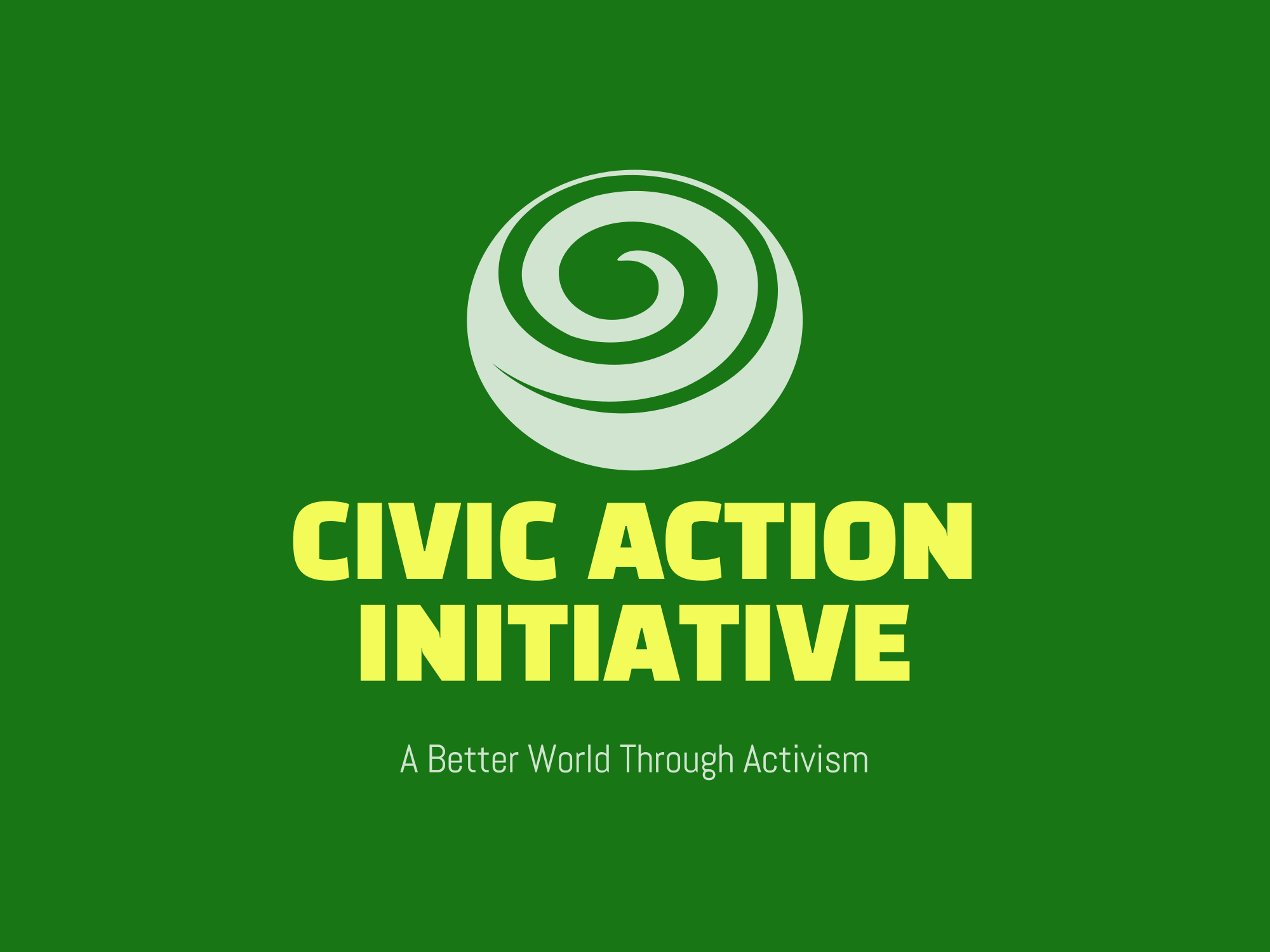

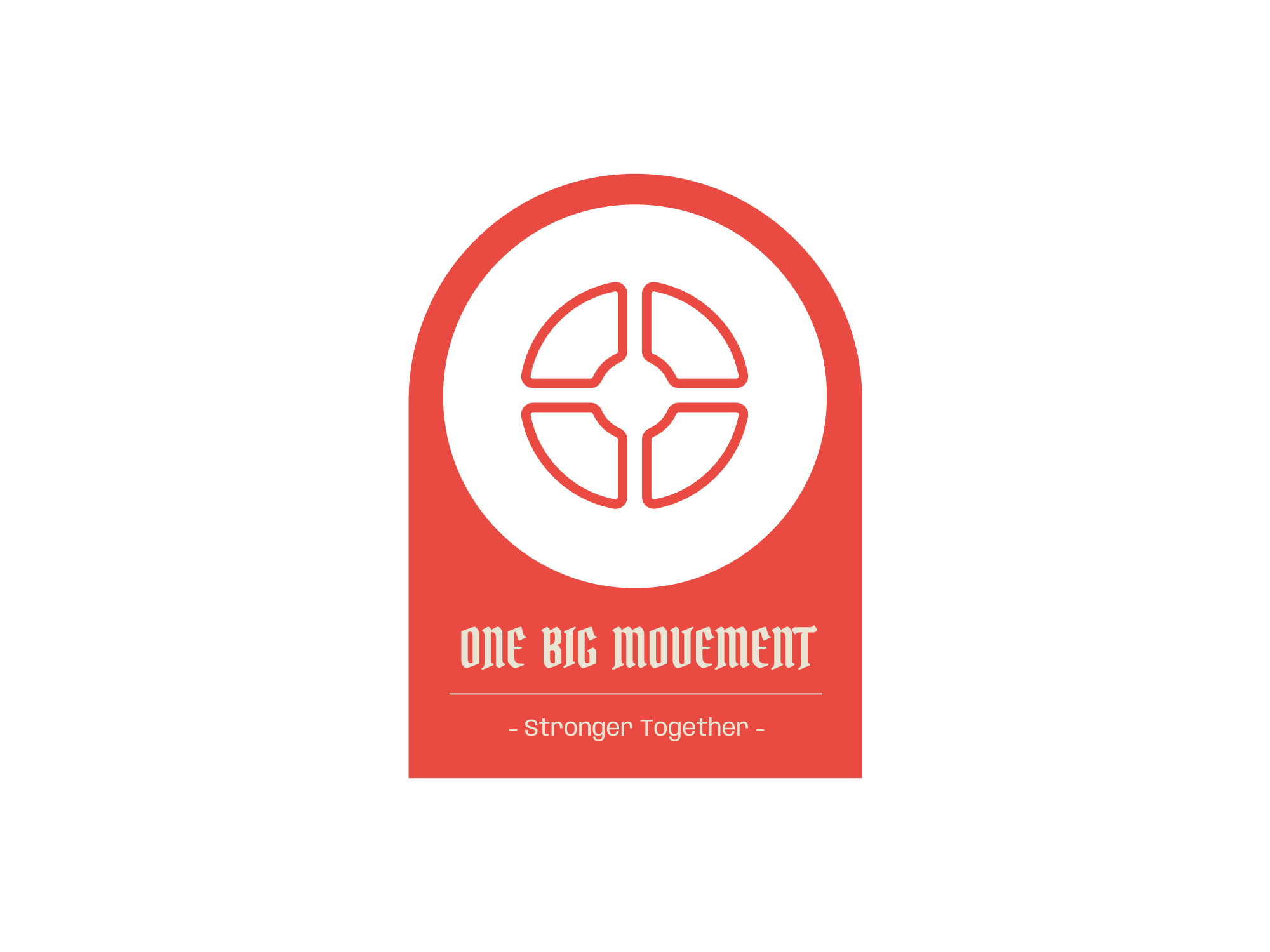

Community groups, non-profits, labor unions, advocacy organizations, and other collective bodies play a crucial role in driving positive change and progress in the world. These types of organizations allow people with common interests, goals, and passions to band together, pool their resources, and leverage their unified voices and influence to tackle major societal issues in ways that individual citizens often cannot. Whether it’s environmental protection groups pushing for stricter regulations, civil rights organizations fighting against discrimination, or labor unions negotiating better working conditions, the collaborative power of these groups amplifies their ability to enact meaningful change that benefits the greater good. By coordinating their efforts, sharing knowledge and expertise, and coordinating strategic campaigns, these diverse organizations are able to create a unified front that applies pressure on governments, corporations, and other power structures to address pressing concerns. Ultimately, the synergy created when these groups work in tandem creates a force multiplier effect, making them far more impactful than any one organization or individual acting alone. Through this collective action, they are able to give a voice to the voiceless, challenge the status quo, and work towards a more just, equitable, and sustainable future for all.
Membership-based associations, such as fraternal orders and political clubs, have played a crucial role throughout history in driving positive change and progress in the world. These organizations provide a platform for like-minded individuals to come together, pool their resources, and collectively work towards common goals that benefit society as a whole. Whether it’s fraternal orders fostering a spirit of camaraderie and mutual aid, or political clubs advocating for important legislative reforms, these membership-based groups harness the power of community to amplify the voices of their members and effect meaningful change. By organizing campaigns, hosting educational events, and leveraging the concentrated influence of their networks, these associations are able to tackle complex social and political issues in ways that isolated individuals simply cannot. Moreover, the sense of shared purpose and identity that emerges from being part of a membership group can imbue members with a greater sense of civic duty and willingness to get involved. This catalyzes a positive feedback loop, where engaged members drive the association’s activities, which in turn inspires even greater participation and commitment to the cause. Ultimately, fraternal orders, political clubs, and other membership-based groups have been instrumental in championing crucial reforms, elevating marginalized voices, and mobilizing the collective power of citizens to create a better world.

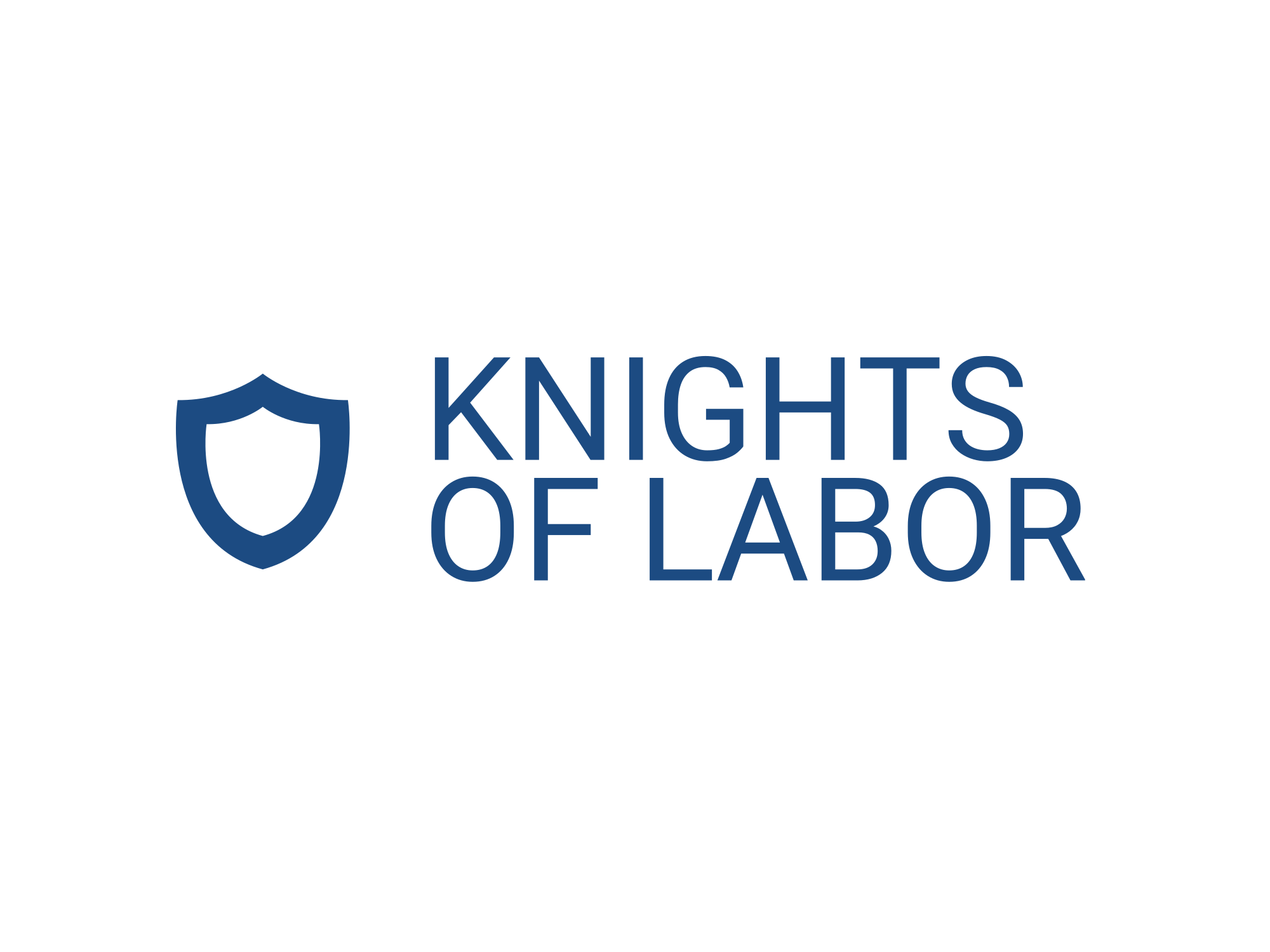



The shrinking American middle class is a concerning economic and social trend that has been unfolding for decades. Once the backbone of the nation’s prosperity, the middle class has been steadily eroding as income inequality has risen and economic forces have conspired to make it increasingly difficult for families to achieve a comfortable, stable standard of living. A combination of factors, including globalization, automation, the decline of labor unions, and policies that have disproportionately benefited the wealthy, have all contributed to the middle class’s struggles. As high-paying manufacturing jobs have disappeared and been replaced by lower-wage service sector work, many Americans have found their purchasing power and financial security slipping away. Meanwhile, the costs of essential expenses like healthcare, housing, and education have soared, putting the middle-class lifestyle out of reach for growing numbers of people. This troubling development has wide-ranging implications, not just for individual families, but for the overall health and vitality of the American economy and society. If the middle class continues to shrink, it could undermine the foundations of the country’s democratic system and social cohesion, as more people feel left behind by the system and lose faith in its ability to provide them with economic opportunity and a decent quality of life.
The golden rule, the principle of treating others as one would wish to be treated oneself, is a fundamental tenet that holds immense significance in navigating the complexities of life. At its core, the golden rule is a timeless ethical guideline that transcends cultural boundaries, serving as a universal standard for compassionate and respectful conduct. When we strive to embody this principle, we not only enhance our own well-being, but also contribute to the creation of a more harmonious and empathetic society. By considering how we would desire to be treated in any given situation, we are compelled to approach our interactions with kindness, understanding, and a genuine concern for the welfare of those around us. This mindset fosters an environment of mutual respect, where people feel valued, supported, and empowered to reach their full potential. Moreover, the golden rule serves as a powerful moral compass, guiding us to make decisions that are not only beneficial to ourselves, but also considerate of the needs and perspectives of others. In a world often marked by division, selfishness, and a lack of empathy, the consistent practice of the golden rule has the transformative power to bridge gaps, foster unity, and cultivate a more just, compassionate, and harmonious society for all. Ultimately, the importance of the golden rule lies in its ability to elevate our individual and collective experiences, reminding us of our shared humanity and the profound impact that simple acts of kindness and consideration can have on the world around us.



“If you do one good deed your reward usually is to be set to do another and harder and better one.” –The Horse and His Boy



